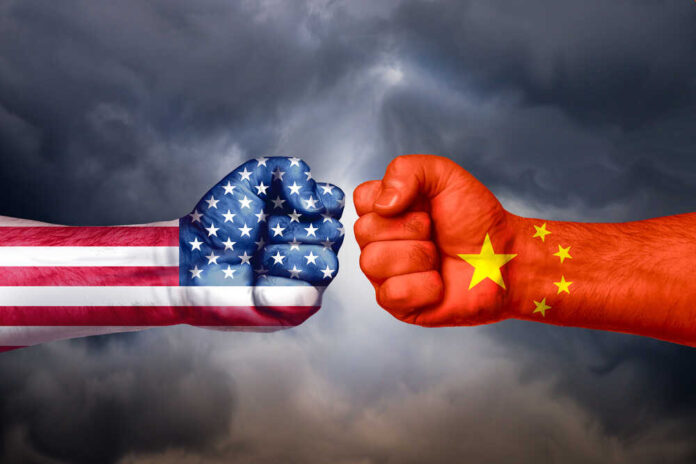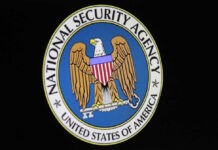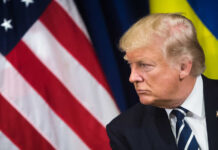
These days of geopolitical rivalry, international organizations are on the front lines for power projection and establishing global standards. Nations compete by having their citizens work for the UN, whether in the General Assembly, the Security Council, or any other UN agency. Historically, there have been a lot of jobs for Americans at the United Nations, but that number has been lower than projected recently. Location, membership, donation levels, and demographic representation influence staffing decisions at several UN agencies.
In 2009, the United States was underrepresented compared to official and informal objectives at all five United Nations agencies assessed by the United States Government Accountability Office (GAO).
China’s efforts to get more Chinese people to work for the United Nations have been successful. The United Nations hired 794 people from China in 2009. There will be 1,471 people working there in 2021. This is simultaneous with Beijing’s increased contributions and follows Beijing’s determination to promote the employment of Chinese citizens through both traditional channels and the UN Junior Professional Officer (JPO) program, which provides financial assistance to participants in exchange for work in the UN.
Beijing has taken advantage of the chances presented by the election of Chinese nationals to manage United Nations agencies to further Chinese national interests and expand the number of jobs available to Chinese people.
Congress and prior and current governments have worked to raise public awareness and support for the U.S. Department of State hiring from the United Nations to make up for the shortage. To offset China’s influence, the Trump administration created the Office of Multilateral Competitiveness under the State Department’s Bureau of International Organizations and charged it with monitoring and bolstering American participation in the United Nations. The Biden administration reorganized the office and gave it a new name—the Office of Multilateral Strategy and Personnel (MSP)—using funds appropriated by Congress.
Increasing American participation in the United Nations is more than ego or fairness. Citizens of the United States and other democracies are more likely to uphold their oaths to serve as impartial international civil servants, appreciate the organizations’ missions, and take their jobs seriously than their counterparts from China and other authoritarian states. The United Nations and its member nations benefit from impartial workers carrying out their tasks.
Overall, the United States has to better inform American citizens of employment possibilities at the United Nations, helping them through the application process and providing follow-up assistance once hired.














